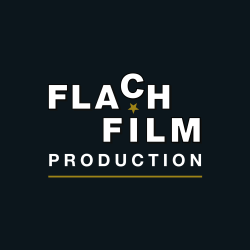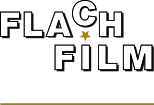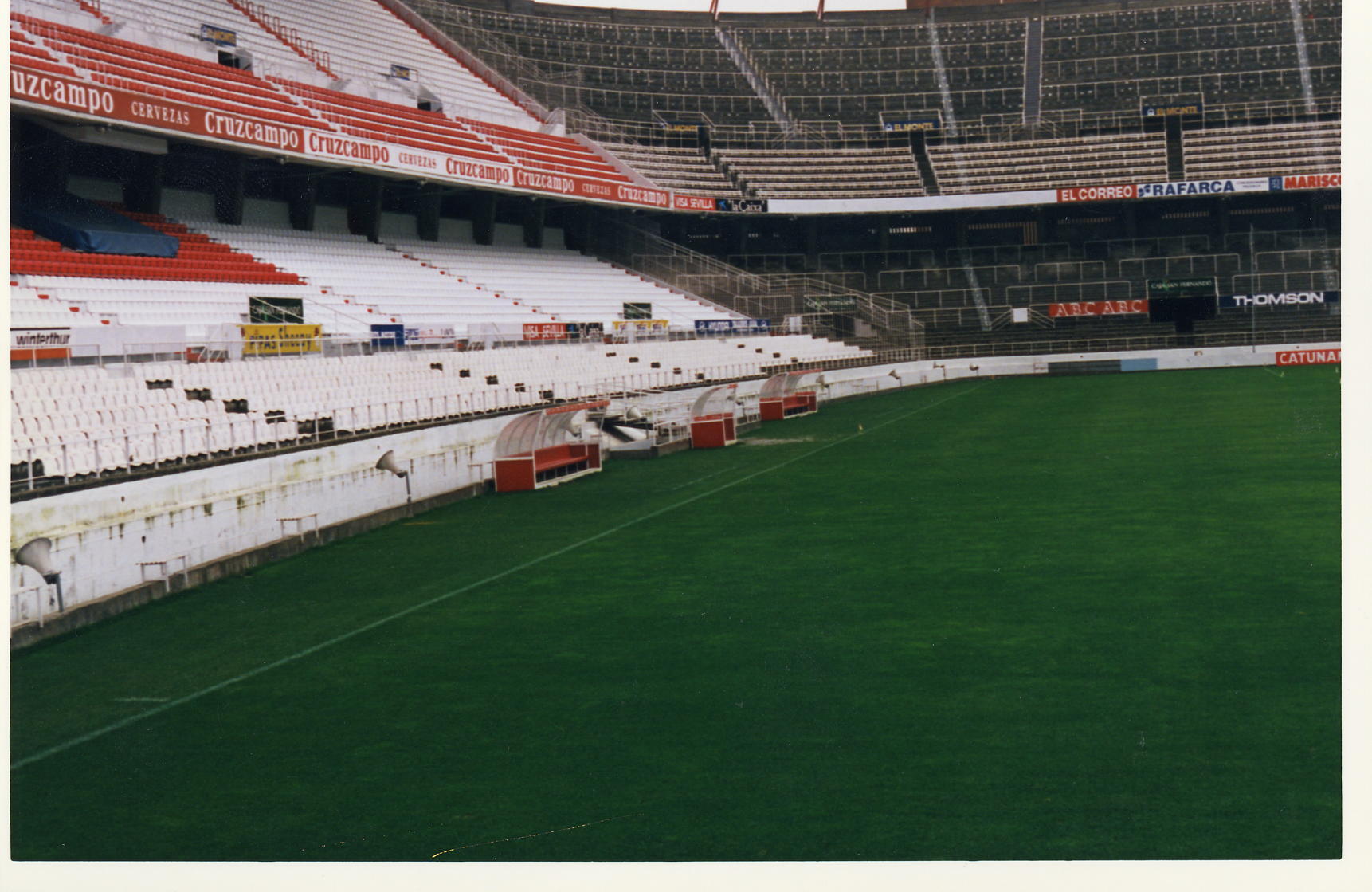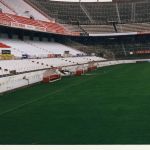Sanchez Pizjuan Stadium.
9 p.m., 70,000 spectators
France and Germany meet for the semi-final of the Football World Cup. A spectacular game that will remain engraved in people's minds.
The match was not only a summit meeting between two nations who had been waiting for this opportunity for a long time. It wasn't simply the clash of two teams confronting each other relentlessly in the furnace-like heat. It wasn't only one of the greatest games in soccer history. It was a drama that left those who lived through it wounded, with the dead weight of disappointment in their hearts and all the bitterness of bad memories.
No one could have foreseen the power of this amazing evening. That Schumacher, the German goalkeeper, would seriously injure Battiston and change the whole course of the game. That the French would lose during the shots at goal after leading 3-1.
Twenty years on, the French players are back in Seville. They are there simply to check on the reality of their experiences and confront their memories with this unlucky and treacherous pitch that let them down, even though they played with moving purity and grace, on that July 8.
Replay of the footage, reactions and memories…
Replay of the suspense whose end we know but that we have forgotten because of the powerful emotions that it inspires.
Kick-off…
REVUE DE PRESSE
UN 8 JUILLET A SEVILLE – Press cuttings
"For the audience, the main quality of Emilio Maillé’s documentary resides in the comparison of the idealized memory of that […]
UN 8 JUILLET A SEVILLE – Press cuttings
"For the audience, the main quality of Emilio Maillé's documentary resides in the comparison of the idealized memory of that evening with its reality. The surprises begin with the players' arrival at the stadium…
But the best part of the film is contained in the memories of the players and their coach, Michel Hidalgo, reunited 20 years after the event, on the pitch of the Sanchez Pizjuan stadium."
(Libération, Saturday July 6, 2002)
"The only key figures absent from this exceptional documentary are Platini and Tigana. Perhaps they didn't wish to return to a wound that isn't completely healed yet?"
(Le Parisien, Saturday July 6, 2002)
"Twenty years on, Charles Corver, the referee, expresses his regrets for the first time, while confirming that he "saw nothing" and, for this reason, gave Schumacher the benefit of the doubt."
(VSD, Thursday July 4, 2002)
"On the bench, I was saying to the players, 'It's odd, the goalkeeper seems agitated tonight.'
We could tell he was excitable and even violent when he came into play… I told myself that it would be wise not to get too close to him."
(Patrick Battiston, July 2002)
"This match is like an ember: you simply need to blow on it to bring it back to life."
(Alain Giresse)
"Throughout my career, I've never taken it easy. I've broken my fingers, my nose, my ribs, I've had concussion, I've been hit in the carotid… I'm tough but with myself above all. If that ball had to be played again today, I'd move forward in the same way as in 1982… I'm sorry for what happened subsequently."
(Harald Schumacher)
"I wasn't well positioned, I was lined up with the players. I thought that it was a totally involuntary move, without the intention of wounding Battiston. Later, on watching the slow-motion playback from the rear of the goal, I changed my mind."
(Charles Corver, referee)





